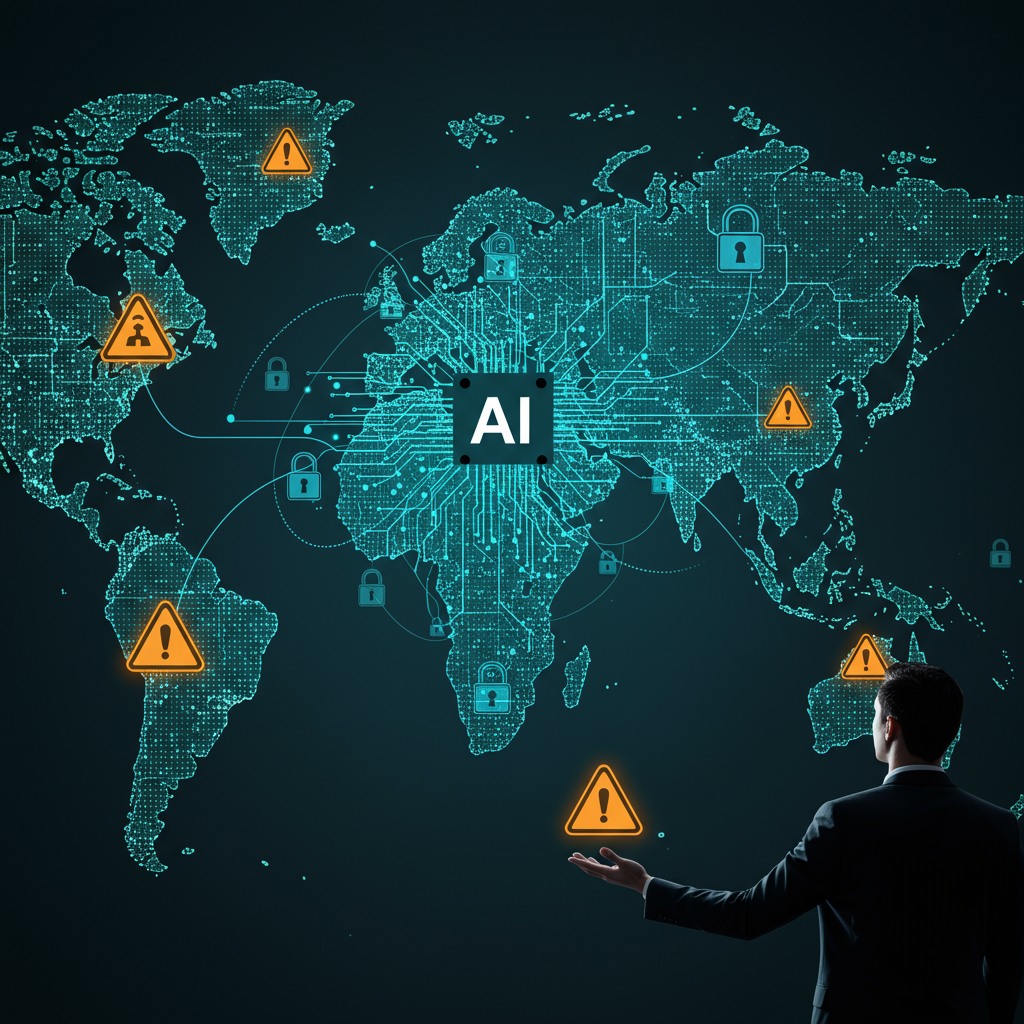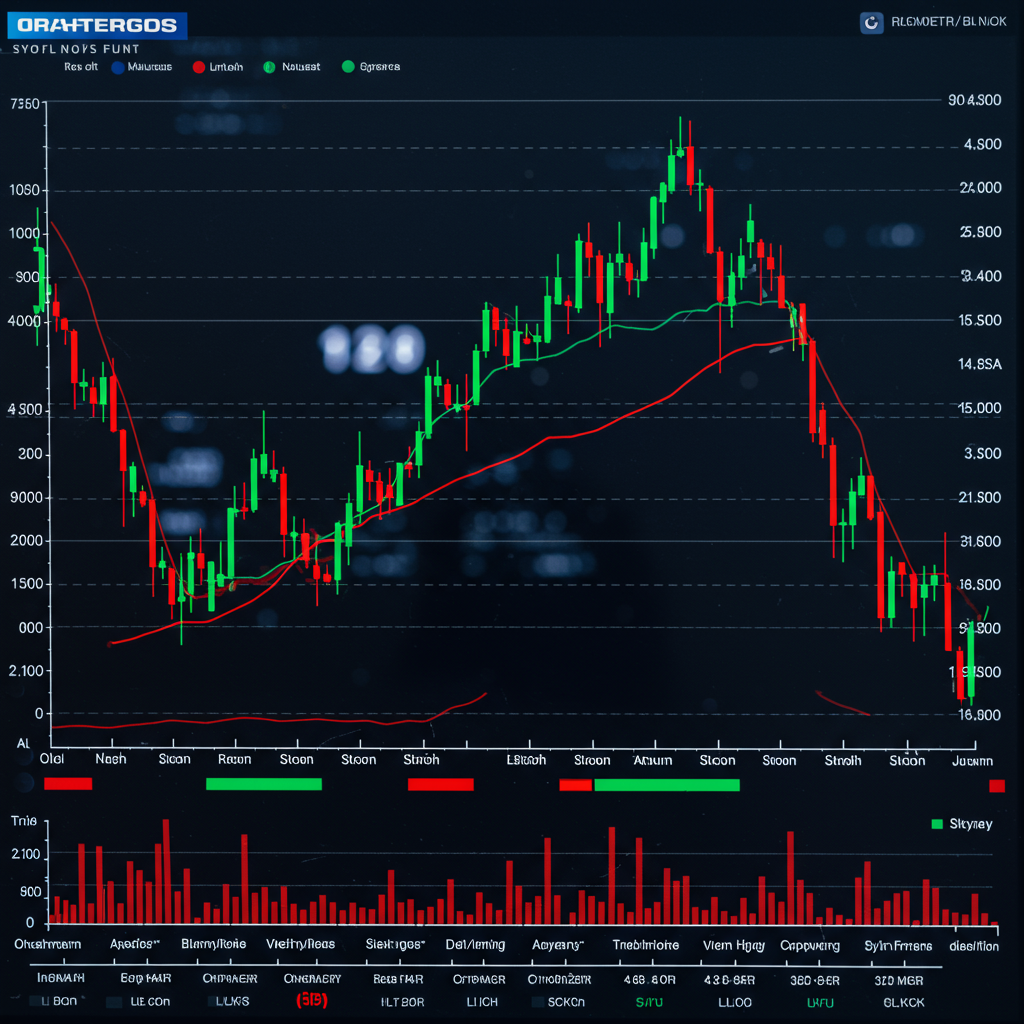In the fast-paced world of artificial intelligence, data is the new oil, and its protection has become a critical and sensitive global issue. Countries are actively implementing robust data protection policies to safeguard this valuable resource. South Korea, with its stringent Personal Information Protection Act (PIPA), stands out as a notable example.
However, a recent case involving Chinese AI company DeepSeek has thrust these concerns into the spotlight, serving as a stark reminder for China and its global AI ambitions.
DeepSeek’s Technical Edge Meets Regulatory Hurdles
DeepSeek, known for its cutting-edge AI models like DeepSeek-R1, has garnered attention for reportedly outperforming competitors like OpenAI at a lower cost. This technical prowess and cost advantage present a compelling strategy for China to challenge the dominance of US companies in the AI market.
Yet, this innovation appears to lack crucial support in robust data protection practices. This deficiency creates a significant hurdle for Chinese AI products seeking global acceptance, particularly in markets where consumers increasingly prioritize the security and privacy of their personal information. Without strong data protection guarantees, technical superiority alone isn’t enough to build trust among privacy-aware users worldwide.
The South Korean Ban and Its Implications
The case intensified when South Korea’s data protection authority, the Personal Information Protection Commission (PIPC), initiated an investigation into DeepSeek following the removal of its chatbot app from South Korea’s app store in February.
The PIPC had requested details on DeepSeek’s data collection methods, the legal basis for processing user data, and whether data was stored in China. The investigation uncovered unauthorized data transfer to third parties in both China and the United States, a direct violation of PIPA Article 39-12 concerning cross-border data transfer regulations.
This finding led to the suspension and subsequent ban of DeepSeek AI on South Korean government digital devices. South Korea’s firm response underscores its commitment to enforcing its data protection standards, sending a clear message about the consequences of non-compliance.
A Pattern of Skepticism and Global Restrictions
The ban in South Korea isn’t an isolated incident. DeepSeek has faced similar restrictions or bans in other countries, including Italy, Taiwan, the United States, and Australia, largely due to data security concerns.
This recurring pattern, coupled with a perceived lack of transparency in DeepSeek’s data management practices, intensifies existing concerns about trust in Chinese digital technology, which fundamentally relies on user data input. Experts note that such issues, if left unaddressed, could lead to China losing market share in the competitive AI sector, regardless of its technological advancements.
Long-standing skepticism toward Chinese technology products often stems from concerns over intellectual property theft, potential espionage, and personal data protection. The close relationship between many Chinese companies and the government fuels assumptions that data collected by these firms could be accessed or used by the state, a worry exacerbated by instances like DeepSeek’s unauthorized data transfers.
Unpacking DeepSeek’s Data Practices
The concerns surrounding DeepSeek’s data handling are significant and detailed in its own privacy policies and expert analysis:
Data Storage Location: DeepSeek explicitly states in its English-language privacy policy that user information is stored on secure servers located in the People’s Republic of China, governed by PRC law.
Extensive Data Collection: The company collects a wide range of user data, including text/audio prompts, uploaded files, feedback, chat history, account information, device details, IP addresses, and even technical data like “keystroke patterns or rhythms.” Reports also suggest network data and device profiles may be sent to intermediaries, potentially linked to firms like ByteDance.
Usage for Training: User prompts and interactions are used for “training and improving our technology,” meaning conversations directly feed into model development.
Legal Compliance and State Access: The policy notes data may be shared with its corporate group and with law enforcement or public authorities when legally required. This is particularly concerning under Chinese laws, such as the 2017 law mandating cooperation with national intelligence efforts.
Censorship and Disinformation: Users and analysts have reported DeepSeek censoring sensitive political topics (like the 1989 Tiananmen Square massacre) or providing responses aligned with state propaganda. Some tests found the chatbot advanced foreign disinformation frequently.
Security Vulnerabilities: A security issue involving a database leak of sensitive chat history has been reported, although it was subsequently secured. Additionally, analyses suggest DeepSeek’s guardrails for preventing malicious code generation can be easily bypassed.
These practices mirror data privacy concerns raised about other Chinese tech platforms, such as TikTok, and highlight the potential risks when sensitive personal interactions with generative AI models are subject to a legal framework that includes broad government access provisions.
Technical Achievements Amidst Controversy
Despite the data concerns, DeepSeek’s technical progress is undeniable. Its R1 and V3 models have shown performance comparable to OpenAI’s top models. The company claims significantly lower training costs, attributing this to optimized co-design of algorithms, frameworks, and hardware, utilizing chips compliant with US export controls.
However, there are allegations of “distillation” – potentially using knowledge from larger, proprietary models (like OpenAI’s) to train their own. OpenAI has reported evidence suggesting this, which would violate their terms of use. Reports of DeepSeek models identifying themselves as “Microsoft AI” or “built on GPT-4” lend some credence to these suspicions, raising questions about the true nature of DeepSeek’s “innovation.”
Geopolitical Landscape and the Path Forward
While data protection violations aren’t exclusive to any one country (the Facebook-Cambridge Analytica scandal in the US is a notable example), the outcomes can differ. Countries may continue to use US services due to lack of alternatives, opting for stricter regulation over outright bans. However, China faces competition from other providers offering similar technologies, giving consumer countries choices based on security standards.
Geopolitics also plays a role. The countries currently restricting DeepSeek are largely close allies of the United States. Yet, many nations in Asia, Africa, Latin America, and parts of Eastern Europe maintain strong economic ties with China, prioritizing access to advanced technology, rapid infrastructure development, and economic growth potential, often at a lower cost.
For China, the DeepSeek case underscores that gaining global leadership in AI requires more than just technological breakthroughs. It demands a fundamental commitment to building trust through transparency, robust data protection, ethical data management, and a clear separation between commercial operations and potential state access to user data. The ability to restore confidence in key international markets will be paramount for China to maintain and expand its influence in the global AI landscape.
The Broader AI Race Perspective
DeepSeek’s emergence has been described by some as an “AI Sputnik moment” for the US, highlighting that its lead is not guaranteed. While the US has focused on restricting China’s access to advanced chips through export controls, China is emphasizing optimization and efficiency.
However, some analysts argue the US might be overlooking a key advantage: its ability to attract global talent. Historically, immigrants have been major contributors to US innovation. Recent moves to tighten visa restrictions or reduce university funding could inadvertently undermine this crucial inflow of human capital, potentially hindering the radical innovation needed to stay ahead in the long run.
Ultimately, the DeepSeek case serves as a multifaceted lesson. For China, it’s a clear reminder that global success in AI hinges on building trust alongside technical excellence. For the international community, it highlights the complex interplay of technology, data privacy, regulation, and geopolitics in the accelerating global AI race.



